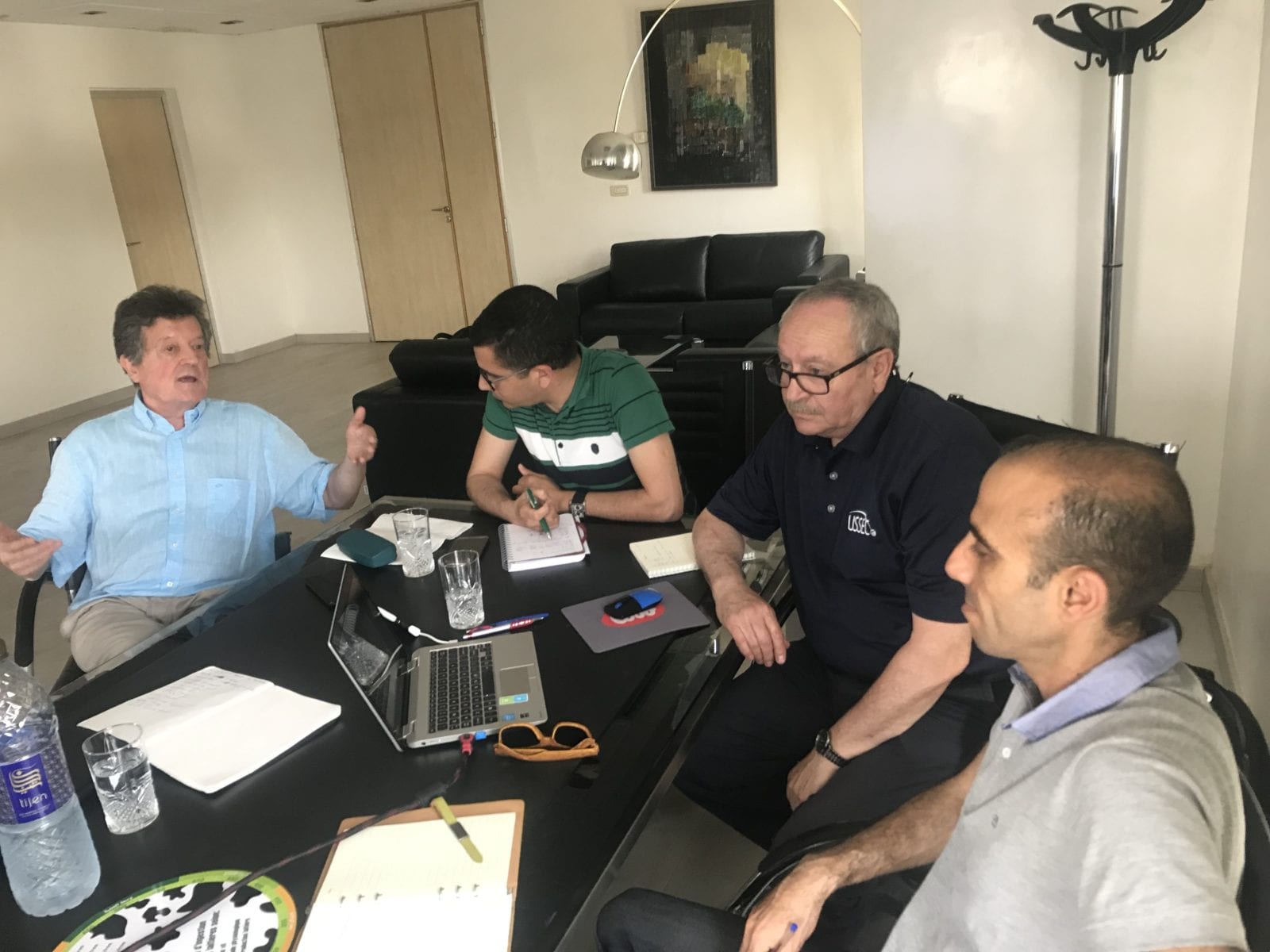Tunisian Customers Receive Training on Soy Quality Control
- Category:
- Animal Utilization
- General News

USSEC organized one-on-one visits for soy products’ quality control in Tunisia from June 11 to 14.
USSEC consultant Professor Gonzalo Mateos, nutritionist at University Polytechnic of Madrid, was escorted by Dr. Riadh Karma, USSEC Country Representative – Tunisia, to visit several feed mills and the LCAAB Reference Nutrition Laboratory.
Major companies with well-equipped nutrition laboratories were visited to train technical staffs on how to do adequate analysis and interpretation of different quality control tests on various soybean meals produced in Tunisia.
On the first day, two feed mill laboratories (MEDIMIX & SOMEPA) in Sfax were visited and meetings allowed the technical staff to learn more about the best way to deal with soy products quality control.


The second day, the USSEC team visited two major importing companies processing soybeans: a crushing plant (Carthage Grain) and GLO (extrusion Plant); these two trainings were very important for the laboratory staff and the nutritionists to clarify the importance and the use of the different tests for the quality control of soybean meals and full fat soybean meal (FFSBM), as well as extruded and pressed soybean meal.


The third day was dedicated to a training at LCAAB, the main animal reference nutrition laboratory in Tunisia; besides the LCAAB staff, three other nutritionists from major companies (NUTRICAP, EL MACHIA and SDAAP) with well-equipped nutrition laboratories, attended the event.

This type of event was organized for the first time in Tunisia and represented a very important opportunity for Tunisian staff from nutrition laboratories to fine tune their abilities to better evaluate the quality of soybean meals and the advantages of U.S. soybeans. Dr. Mateos presented several aspects that will certainly allow the Tunisian laboratory technicians to improve feed quality based on the high value of U.S. soybeans.